This post was contributed by Barry McKnight, current Digital Assistant for the ECHO Project at Winding Rivers Library System and Cassandra Torgerson, who held the position of Digital Assistant at WRLS in 2014.
The Winding Rivers Library System, based in La Crosse, wanted to increase access to the unique history materials owned by our system libraries by developing a regional online collection of visual images (photographs and postcards) that represent the history and culture of western Wisconsin. This project and collection is called ECHO: Exploring Cultural History Online, and was initially made possible with grants in 2014 and 2015 from the Institute of Museum and Library Services (IMLS) which administers the Library Services and Technology Act (LSTA).
Each of the 24 (soon to be 25!) participating libraries was given a scanner provided through the grant and received training on scanning images and creating the metadata that would later be used to create the digital records for the images on our website. To enable the libraries to submit their materials remotely, the libraries were each given a shared folder through Dropbox. Winding Rivers worked with the ResCarta Foundation to create the website housing the collection. By having the libraries submit spreadsheets with their data, the information was standardized and any mistakes were cleaned up, giving the project a sense of uniformity.
It was a fun and interesting challenge to teach staff and volunteers at the participating libraries the different steps in the process. While there was a wide range of familiarity with computers among the participants, most trainings went quickly and smoothly while others took a little more time and explanation. The enthusiastic volunteers were often great storehouses of community history themselves, able to identify people and locations in the photos. Some participating libraries scanned photos that had been previously donated. Others had to track down images in their communities, in some cases, just in time to prevent them from being lost or thrown out.
It was fascinating to see what each library chose to submit, as the pictures often reflected what made each town unique or special. For example, Arcadia Public Library contributed a collection of Miss Arcadia photos from the 50s to the 70s. It was interesting to get a large collection of photos from a single event and to see how hairstyles and fashion changed over time. Bekkum Memorial Library in Westby contributed photos of the construction of Westby’s internationally famous ski jump. All were able to share images of the people, events and places that shaped the history of their communities.
By promoting the project, hosting scanning events and putting out calls for photos, participating libraries were able to connect with the people in their communities in new and exciting ways, bring in new patrons and show that they have more to offer beyond checking out books and videos.
Recommendations for other libraries who wish to engage in similar work: be organized, save your work often, and enjoy the process. Being able to offer historical images to patrons is a wonderful opportunity!
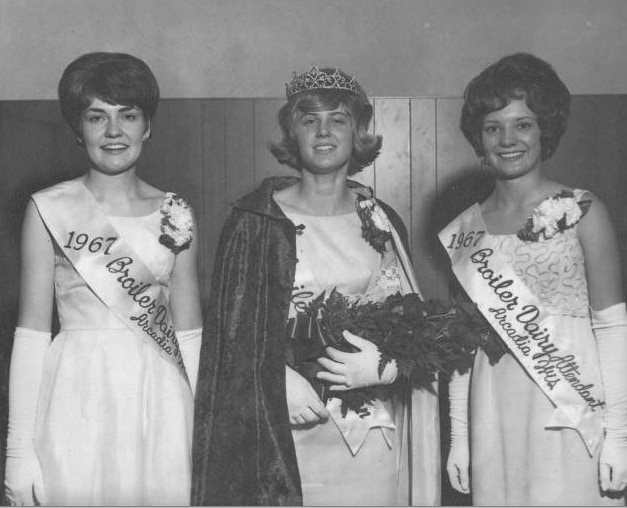
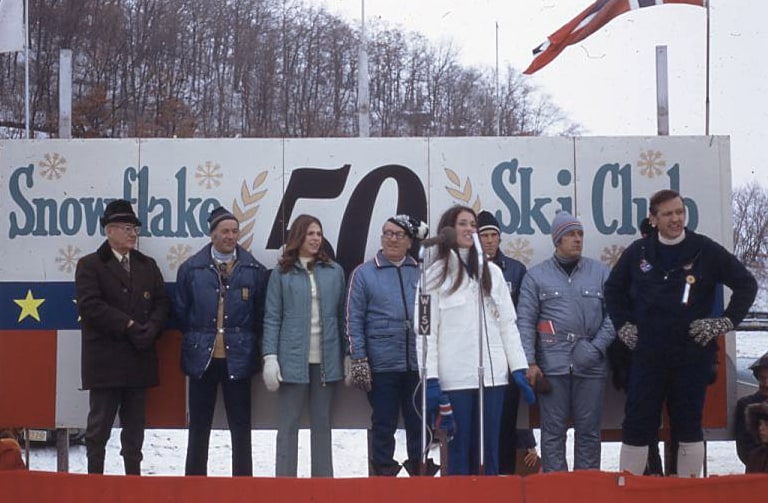
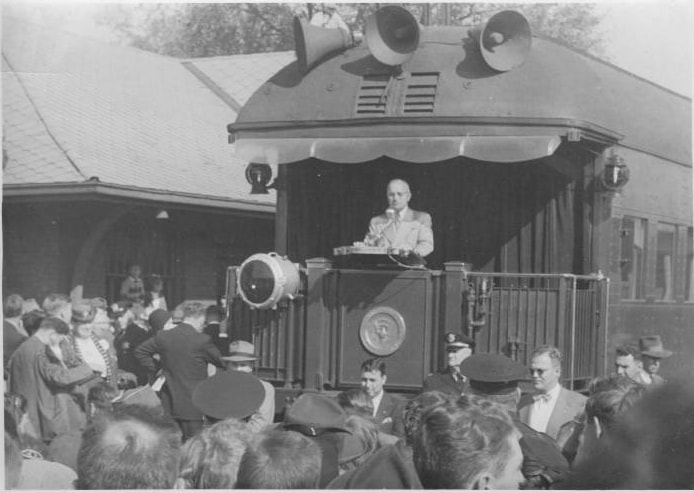
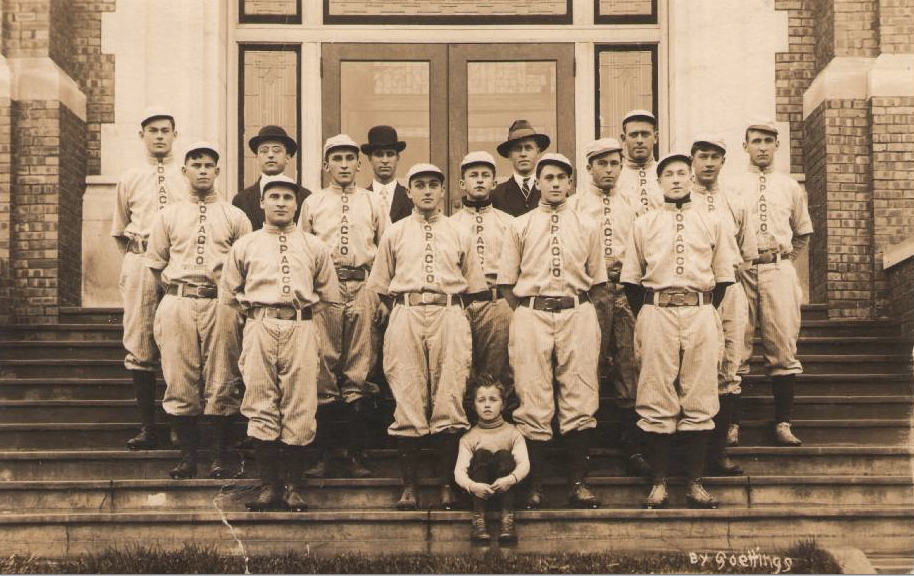


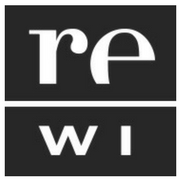
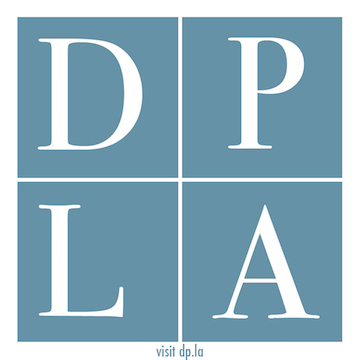
You must be logged in to post a comment.